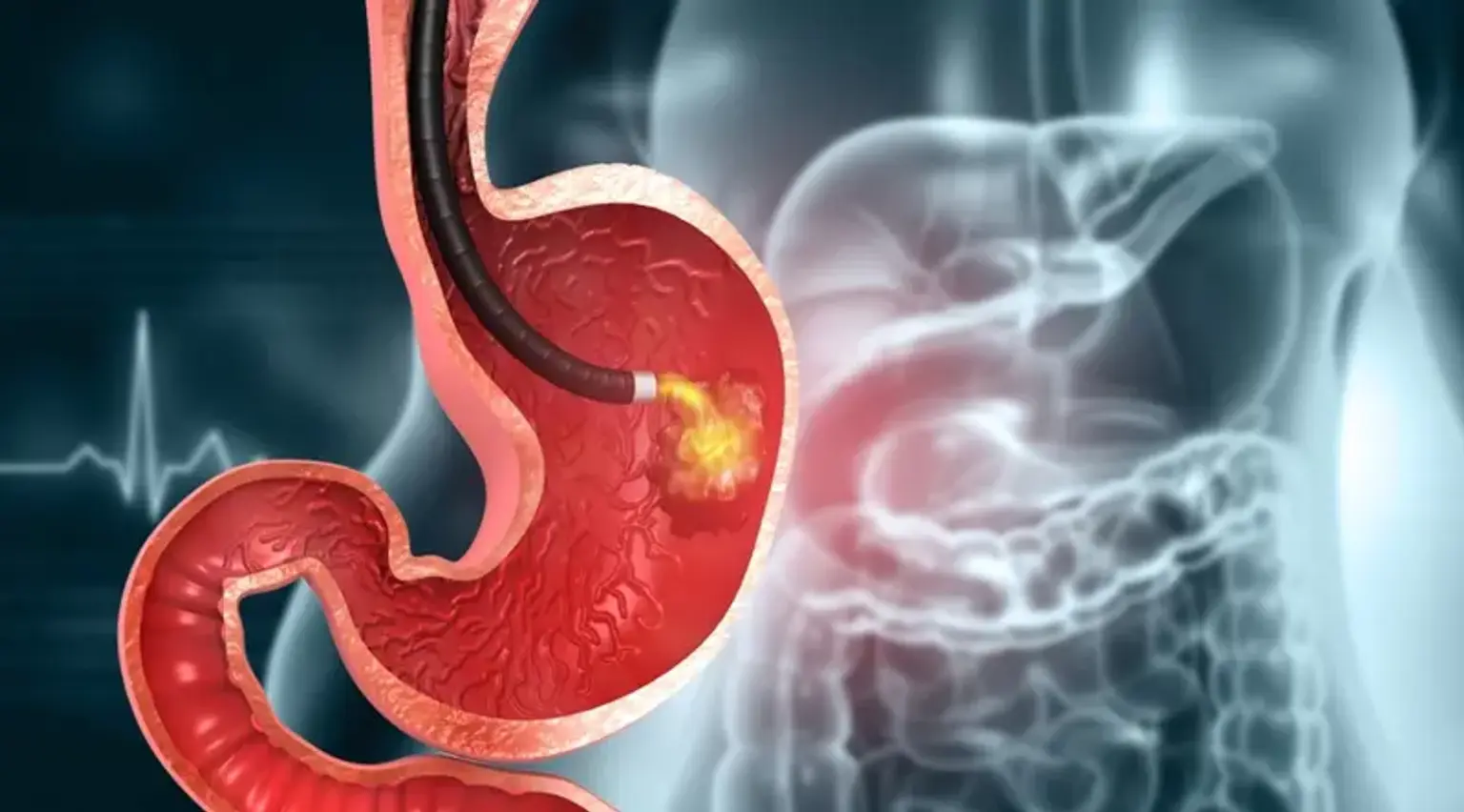Submucosal Tunnelling Endoscopic Resection (STER)
Overview
A submucosal tumor (SMT) is a gastrointestinal protuberance with a normal mucosa-covered surface. SMTs are frequently discovered by chance during imaging. SMTs have a wide range of diagnoses, and most SMTs with diameters less than 3 cm are thought to be benign leiomyomas. However, certain SMTs, such as gastrointestinal stromal tumors (GISTs), have the potential to be cancerous. SMTs are more likely to be malignant if they arise from the muscularis propria (MP) layer, have a large diameter, or are mesenchymal neoplasms.
As a result, correct diagnosis of SMTs is critical for guiding subsequent therapy. Even with endoscopic ultrasound-guided fine needle aspiration (EUS-FNA) and biopsy, which are regarded as the most reliable means for establishing a histological diagnosis, it is difficult to acquire an accurate diagnosis of the subtypes of SMTs without resection. Lifelong follow-up not only raises the financial and psychological burden on patients, but it also delays the prompt identification and treatment of cancer.
